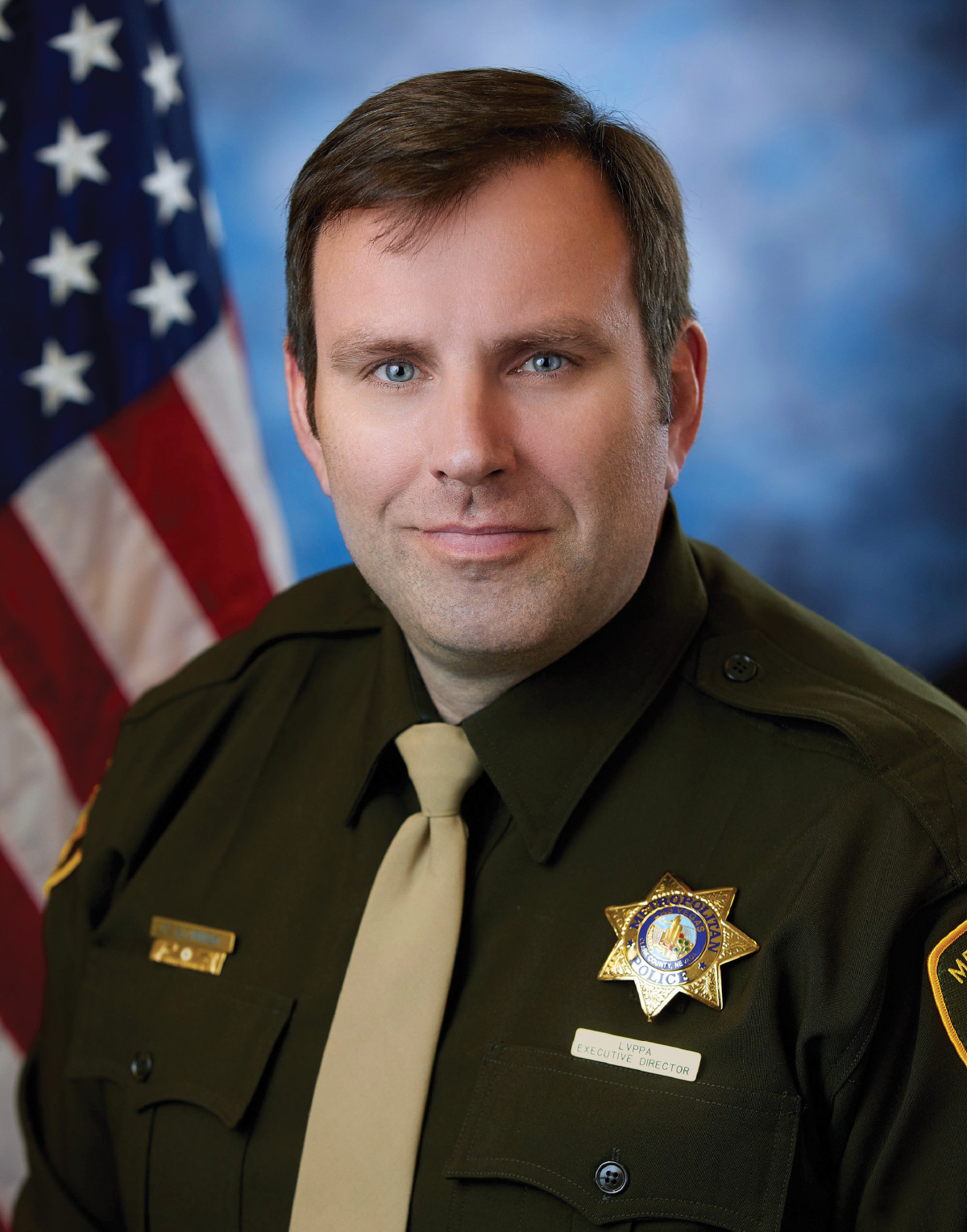
Director
Greetings, I hope this finds you well. I am the most recent addition to the LVPPA Executive Board, and I would like to use this opportunity to introduce myself.
I started my law enforcement career in September 2002 with the Milwaukee Police Department. After five years with the MPD, I relocated to Las Vegas and entered the LVMPD Academy in 2008. I completed field training at South Central Area Command and remained there until early 2010 when I transferred to the Mobile Crime Saturation (SCAC) team. I spent four years on the SCAC with some of the best people I’ve worked with — many are still close friends. In 2014, my entire squad and I were transferred to Downtown Area Command (DTAC) to assist with the resurgence of the Fremont Street Experience. I worked in DTAC for two years until I moved to Convention Center Area Command in order to become an FTO. After a year of working the Strip, I made my way back to DTAC. I called DTAC home until spring 2018 when I transferred to the Narcotics Section, where I spent the last four and a half years.
It would be an understatement to say I was unprepared for Narcs. Every day was a lesson in humility. Fortunately for me, I was surrounded by the best and brightest. Every question I had and every challenge I faced was answered with casual ease by my peers. Despite my lack of knowledge and failures, I was welcomed and supported by every member of the section. Four and a half years passed all too fast, but the memories and gratitude will remain for a lifetime.
So, why leave? There are several reasons.
First, the dangers facing law enforcement have grown exponentially over the last 20 years. The violent encounters we face, typically committed by repeat offenders, have increased at an alarming rate, and the legislative changes over the last few years have been detrimental to maintaining public safety. As we proceed through Nevada’s 2023 legislative session, we haven’t observed the same number of reform bills we’ve seen in the past. However, the session is only halfway complete and opportunities to legislate police reform could surface. I’m certain none of these bills would be written with our safety in mind.
Secondly, there is a never-ending amount of criticism from the gaggles of laymen. Every day I read an article or watch a news segment with an “expert” in policing or use of force. All these experts have an answer for law enforcement after a critical incident, yet none of them have the courage to fill out a job application. The last time I checked, our staffing was well below the desired levels. Although there are opportunities to learn from our experiences, we should not be held to an unrealistic standard established by those who have no experience within our profession.
Lastly, toxic leadership. As you would expect, with an organization this large, you are bound to have several weak leaders. However, the number of bad supervisors we have has grown at an alarming rate in recent years and is not limited to first-line supervisors. I recently participated in a meeting with a deputy chief as he utterly demoralized a police officer. The chief’s role was to review an administrative transfer involving the officer and consider the officer’s perspective of events preceding the transfer. Instead, the chief antagonized, belittled and taunted the officer. It was one of the most disappointing displays of leadership I have witnessed. Our officers deserve better. In this profession, we have no place for leaders with narcissistic, selfish and myopic attitudes who criticize from a swivel chair.
The challenges and dangers you face should come from crooks, not legislators and supervisors. Gone are the days of politicians commending our courage and supervisors mentoring their subordinates. I intend to be an advocate for our members and our profession. Trust your training, and back each other up.

